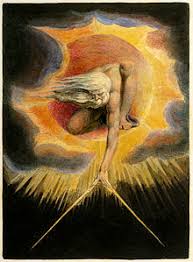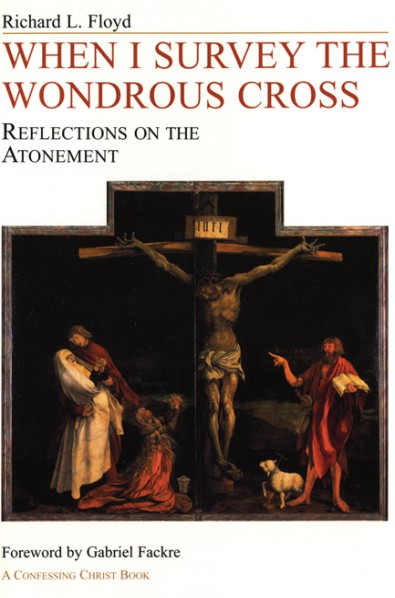 Our two scripture readings today both speak about crying. The first reading speaks to the church on earth today, what I was taught as a child to call the church militant, and the second reading speaks to the church in heaven, what I was taught to call the church triumphant. Perhaps those terms are too martial for us today, but by whatever names it is the distinction between the church here and the church hereafter.
Our two scripture readings today both speak about crying. The first reading speaks to the church on earth today, what I was taught as a child to call the church militant, and the second reading speaks to the church in heaven, what I was taught to call the church triumphant. Perhaps those terms are too martial for us today, but by whatever names it is the distinction between the church here and the church hereafter.
In the first reading Paul admonishes the Roman Christians on how to be the church now, and one of the things he tells them they need to do is to “rejoice with those who rejoice and to weep with those who weep.”
The second reading is from the Revelation of St John the Divine. I have a soft spot for the writings of St John the Divine, as I was baptized at the Cathedral of St John the Divine in New York, which is the world’s largest gothic cathedral (so I come by my high church inclinations honestly.)
In this beautiful passage from Revelation, St. John describes the holy city, the New Jerusalem at the end of time and history. He says then there will be no more crying there because God will “wipe away every tear from their eyes.”
So in engaging these two texts about the here and the hereafter, I started thinking about the function of crying in our lives, and especially in the church. I did a little research on crying, and discovered that we don’t know all that much about it. There are several competing theories about why humans cry, including those theories of evolutionary biologists who think it may have some social function. Continue reading →










 Our two scripture readings today both speak about crying. The first reading speaks to the church on earth today, what I was taught as a child to call the church militant, and the second reading speaks to the church in heaven, what I was taught to call the church triumphant. Perhaps those terms are too martial for us today, but by whatever names it is the distinction between the church here and the church hereafter.
Our two scripture readings today both speak about crying. The first reading speaks to the church on earth today, what I was taught as a child to call the church militant, and the second reading speaks to the church in heaven, what I was taught to call the church triumphant. Perhaps those terms are too martial for us today, but by whatever names it is the distinction between the church here and the church hereafter.